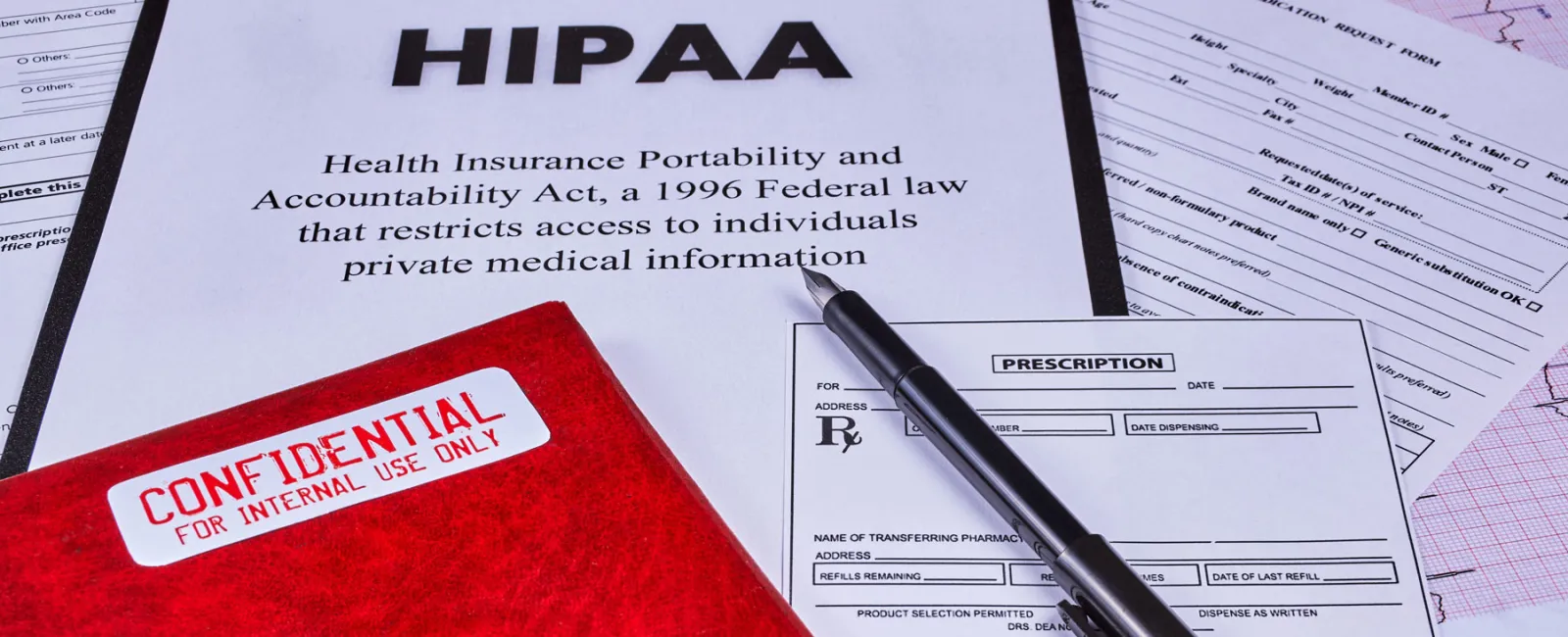Four HIPAA Rules You Should Know
All healthcare organizations, particularly those that handle protected healthcare data, must strictly adhere to the Health Insurance Portability and Accountability Act (HIPAA). While it was initially created to provide health insurance coverage for employees who lost or changed jobs, HIPAA laws have evolved to include standards and mandates protecting sensitive patient information storage and transmission.
According to the U.S. Department of Health and Human Services, HIPAA establishes national standards protecting individuals' medical records and other individually identifiable health information. It also regulates the security and breaches of sensitive healthcare information, enabling the healthcare industry to secure, store, and protect patient data. There are specific rules to ensure healthcare organizations protect patient data. Here are the primary HIPAA laws that your healthcare organization should know about and follow.

Privacy Rule
The HIPAA Privacy Rule is another part of the HIPAA laws that establish privacy standards to protect an individual's sensitive health information and other identifying information by restricting, limiting, and setting conditions for the uses and disclosures of what can be done with such information without authorization.
The Privacy Rule also gives individuals rights over their protected health information, including obtaining copies of their health records, requesting corrections, and transmitting an electronic copy of their information to a third party. The Privacy Rule applies to healthcare clearinghouses, health plans, and any healthcare provider responsible for protecting healthcare information.
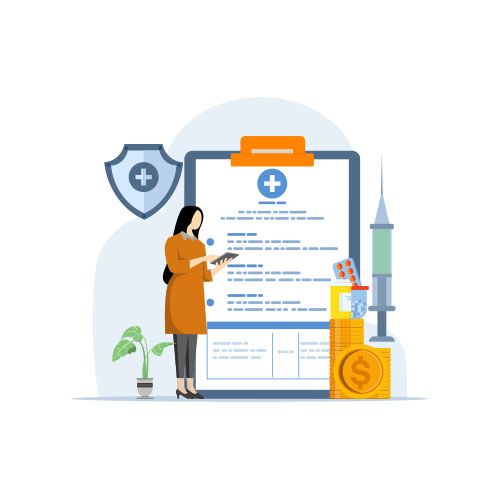
Security Rule
HIPAA regulations also include a Security Rule which defines standards for protecting each patient's electronic personal information. It sets the federal standard for managing a patient's ePHI (electronic protected health information). Unlike the Privacy Rule, which focuses on managing a patient's paper, oral, and electronic information, the Security Rule specifically focuses on electronic data.
The Security Rule states that health companies must ensure the integrity, confidentiality, and availability of all ePHI. All covered entities must be able to identify and protect against threats to the security and integrity of the information while reasonably protecting against impermissible disclosures or uses. The Security Rule also ensures that all workforces comply with these HIPAA standards.
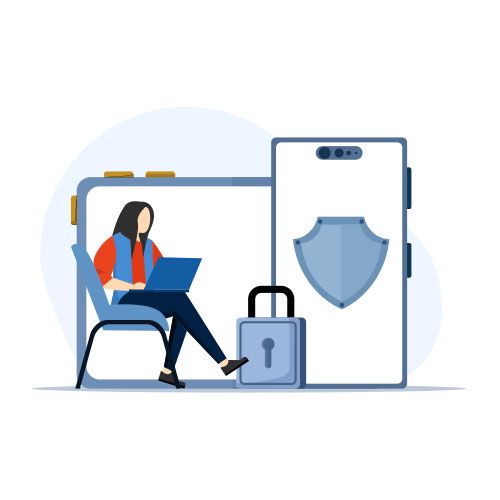
Breach Notification Rule
Under the HIPAA Breach Notification Rule, all covered entities and any business entities are required to provide a notification of a breach of any unsecured PHI. The company must send this notification to all impacted individuals within 60 days of the breach's discovery. The notification must include information about how each individual can protect themselves from potential harm from the violation and all information about what the covered entity is doing to address the data breach.
The organization must also conduct a thorough assessment to determine how much the protected health information was compromised. If regulators have determined that the breach affected more than 500 people, the company must report the violation to the OCR (Office for Civil Rights). A notification detailing the breach must also be sent to the media. Any institution that does not report the violation within the specified deadline may incur a fine.
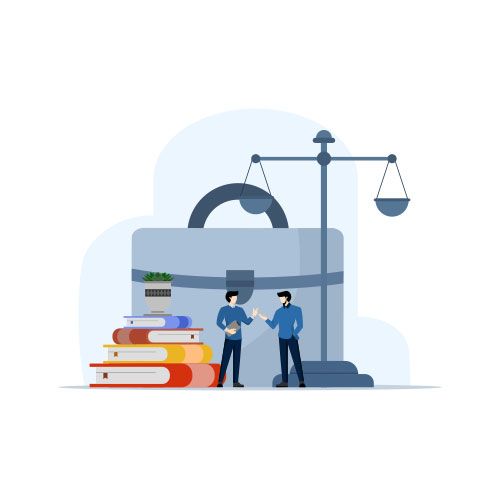
Enforcement Rule
The HIPAA Enforcement Rule and all subsequent amendments detail the procedures for investigating any violations of HIPAA. It ensures that covered entities are held accountable for protecting each patient's privacy, providing access to their health record, and patient confidentiality. It addresses violations regarding the application of HIPAA privacy and security rules. It determines how regulators calculate any fines for any establishment violating HIPAA rules. In addition to establishing protocols for responding to complaints and conducting investigations of the alleged violations, it imposes monetary penalties and corrective action plans for those found to have broken any HIPAA rules.
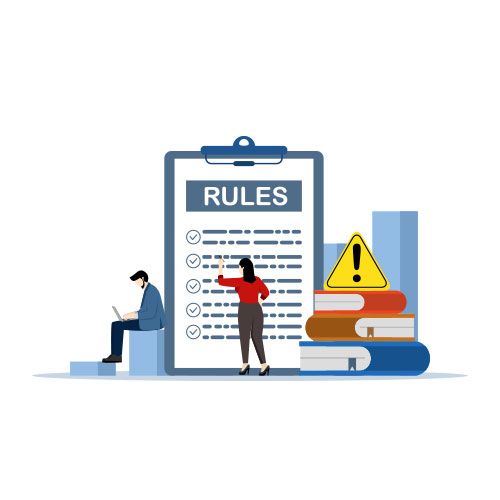
Implementing and Following These Rules
While ensuring your company stays HIPAA compliant is incredibly important, it can also be challenging. Hospitals, clinics, and insurance companies often allocate many resources to staying HIPAA compliant to avoid disastrous missteps. Maintaining HIPAA compliance is important to protect customer data and critical for the health and safety of your company's data. With cybercrimes on the rise, it also helps your company maintain its trust with patients.
But did you know there is an easier way to ensure your company follows HIPAA requirements? Healthcare Compliance Pros provides an efficient, simple, and cost-effective way to stay current on potential liabilities. We've created innovative healthcare compliance software that makes staying HIPAA compliance simple. In addition, we offer comprehensive compliance support with the help of our healthcare compliance consulting team. Healthcare Compliance Pros creates a compliance program specific to your organization, ensuring that you implement policies and procedures and counseling every step of the way. Our healthcare compliance services are integrated into an all-in-one platform that uses technology to automate processes while updating and training your workforce. Request a consultation for your company today.

